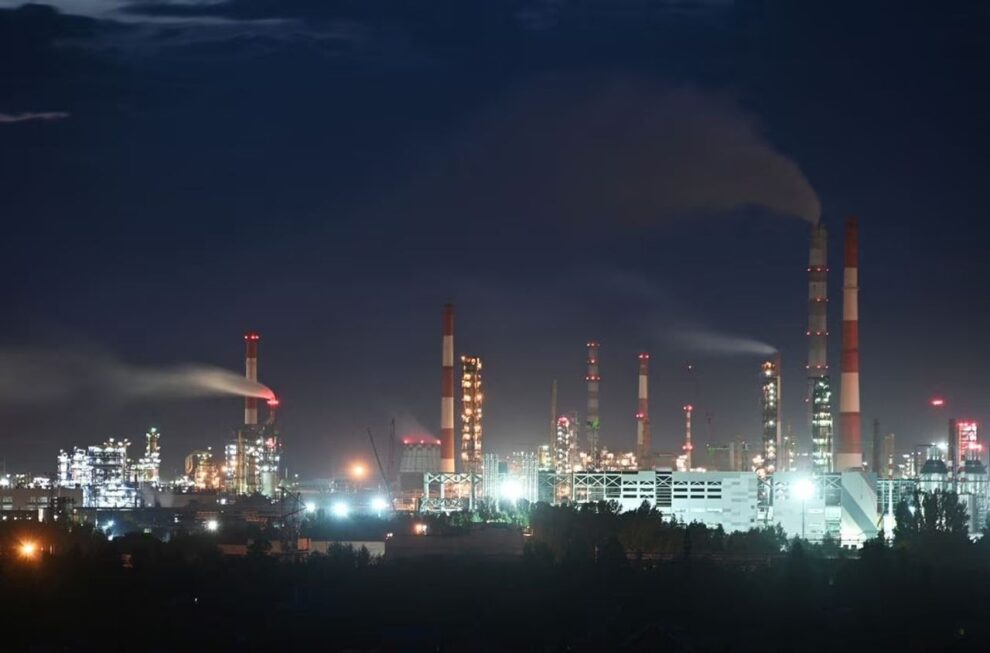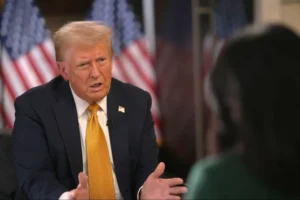Russia has ceased its gasoline exports to Iran for the past few months, an informed Iranian oil ministry official told Iran International on Monday.
The source said the Ministry had intended to import up to 10 million liters of gasoline daily from Russia to compensate for the gap in gasoline production and consumption. However, the Russian authorities, aware of Iran’s needs, have halted the sale of gasoline to Iran, disrupting the planned efforts to address the fuel deficit. The expected volume from Russia would constitute roughly 10 percent of Iran’s daily consumption in 2022.
The shortage has led to reductions in gasoline shipments to gas stations and long lines forming with cars rushing to fill their tanks.
According to the source, several other Commonwealth of Independent States (CIS) countries have also been pushed by Moscow not to sell gasoline to Iran, further compounding the challenges faced by Iran. The CIS is a regional intergovernmental organization in Eurasia, formed following the dissolution of the Soviet Union in 1991.
One possible explanations could be Moscow’s desire to raise the price of its gasoline, amid serious financial and economic challenges it faces following its invasion of Ukraine. Russia’s currency the ruble fell again on Monday against the US dollar, breaking the psychological barrier of 100 rubles per dollar.
After Western countries slashed energy imports from Russia, Moscow started exporting gasoline and diesel to Iran by rail this year for the first time since it lost its traditional customers. In February and March, Russia supplied up to 30,000 tons of gasoline and diesel to Iran, Reuters reported.
A view shows a local oil refinery in Omsk, Russia June 6, 2022.
Subsequently, Ahmad Maroufkhani, the head of Iranian Oil, Gas and Petrochemical Products Exporters’ Union, disclosed that Iran was procuring each ton of petroleum products from Russia at a price $150 higher than global market rates. He told Tajaarat News that in addition to Russia Turkmenistan and Uzbekistan had also supplied fuel this year. According to Reuters, the shipments were made by rail from Russia via Kazakhstan and Turkmenistan.
Iran has been struggling with gasoline shortages since at least the beginning of the summer of 2022 and was forced to release one-third of its strategic gasoline reserves by the end of the same year. A source at the oil ministry told Iran International Sunday that the National Iranian Oil Refining and Distribution Company (NIORDC), a department within the ministry, has released around 900 million liters of strategic gasoline reserves into the market in an effort to make up the deficit. Iran has also scaled back its distribution, announced as a needed step to curb smuggling, limiting each refueling session to only 30 to 40 liters.
Earlier in the month, NIORDC deputy manager Ali Ziyar said that the average daily consumption of gasoline has hit 124 million liters, indicating a 20-percent increase compared with the previous year. “In recent years, the maximum annual growth in gasoline consumption has been seven percent, but this year we have suddenly experienced a 20 percent increase in consumption,” he said, tacitly acknowledging that a large amount of fuel is being smuggled out of the country because it is much cheaper than Iran’s neighboring countries. He also stated that the daily gap between production and consumption is 17 million liters.
Congestion at an Iranian gas station
In recent days, rumors of an impending gasoline price increase have once again ignited, prompting a rush to gas stations. One of the main reasons that the Islamic Republic has not increased prices is because a fuel price hike would risk another wave of protests and strikes across Iran, especially with the first anniversary of Mahsa Amini’s death in police custody — the starting point of the ‘Women, Life, Liberty’ movement on the horizon.
Reza Ghorashi, a professor of Economics at Stockton University in the US, told Iran International that a large strike by the fuel truck drivers amid tensions over prices can cripple the regime’s economy. He said in addition to economic repercussions, such an action is also a bold political statement in support of the popular street protests. Truckers, who do the heavy lifting of transporting goods mainly to and from Iran’s border areas and ports across the country, have already held several rounds of weeks-long strikes that brought the flow of goods and the supply chain to a grinding halt.
An military ally of Russia providing drones and missiles, the Iranian regime is also involved in a bitter confrontation with the West. Iran and Russia’s alliance may prove to be very flimsy as both countries are grappling with Western sanctions that and further economic woes for their people.
Source: Iranintl





